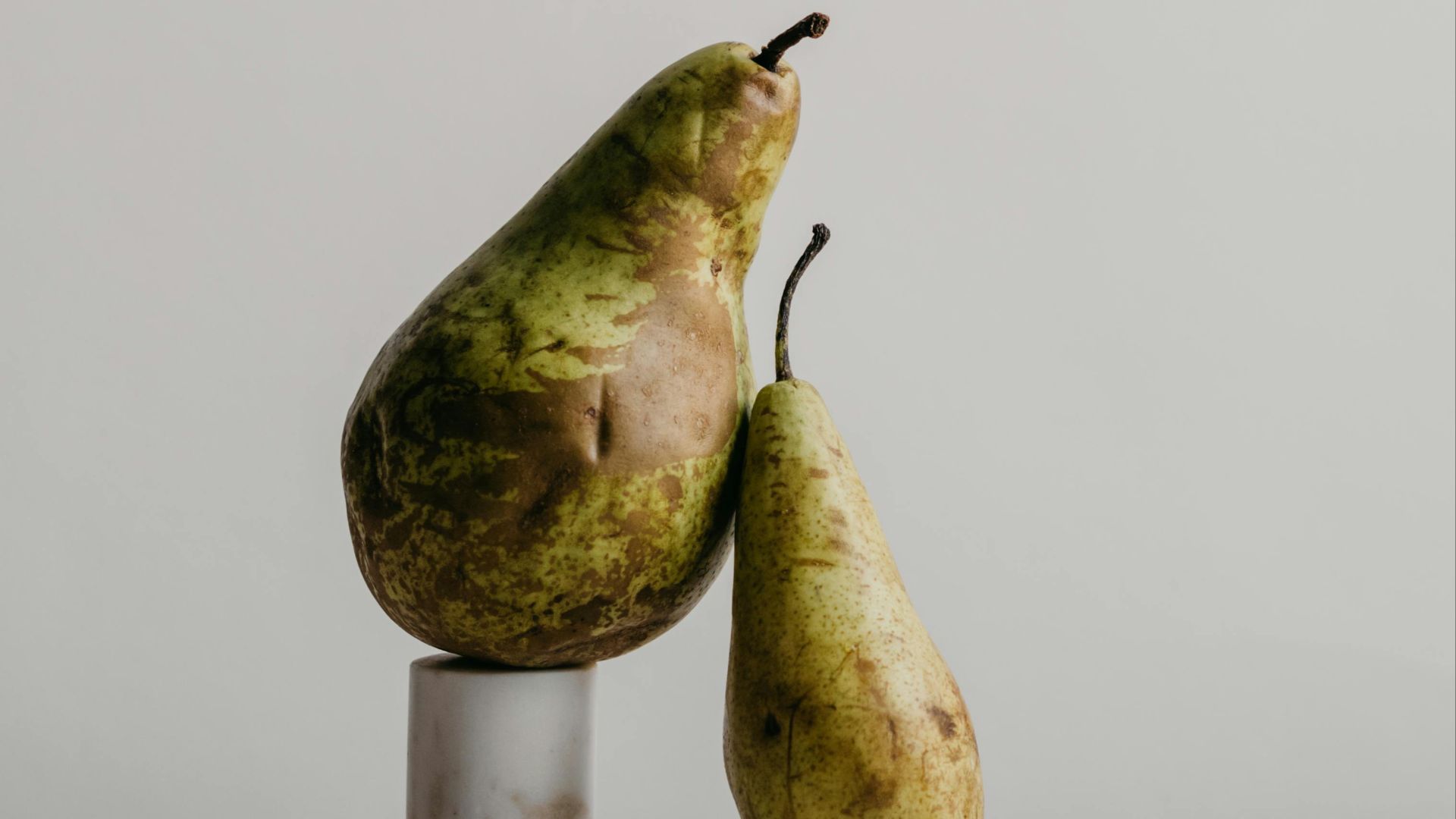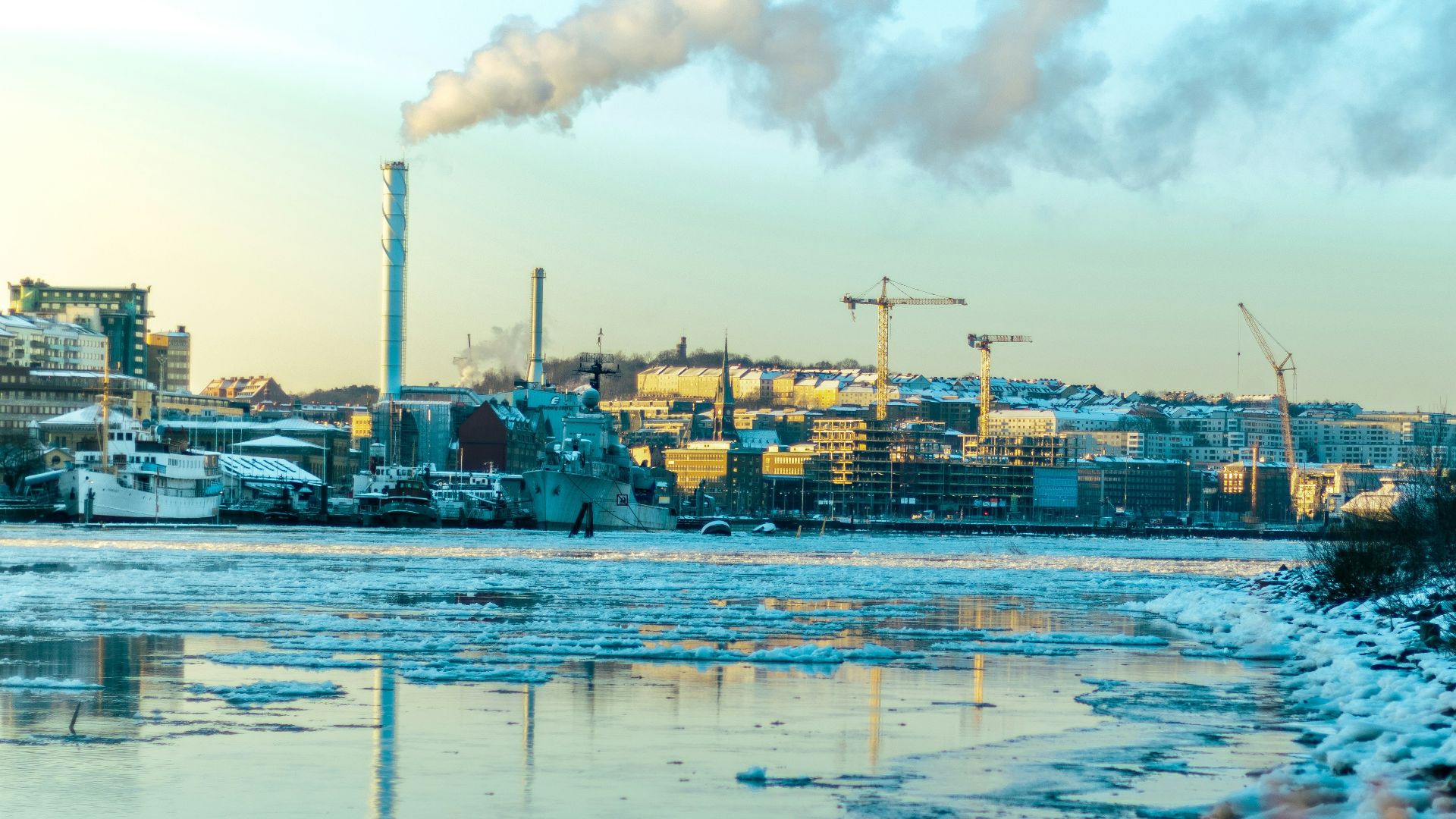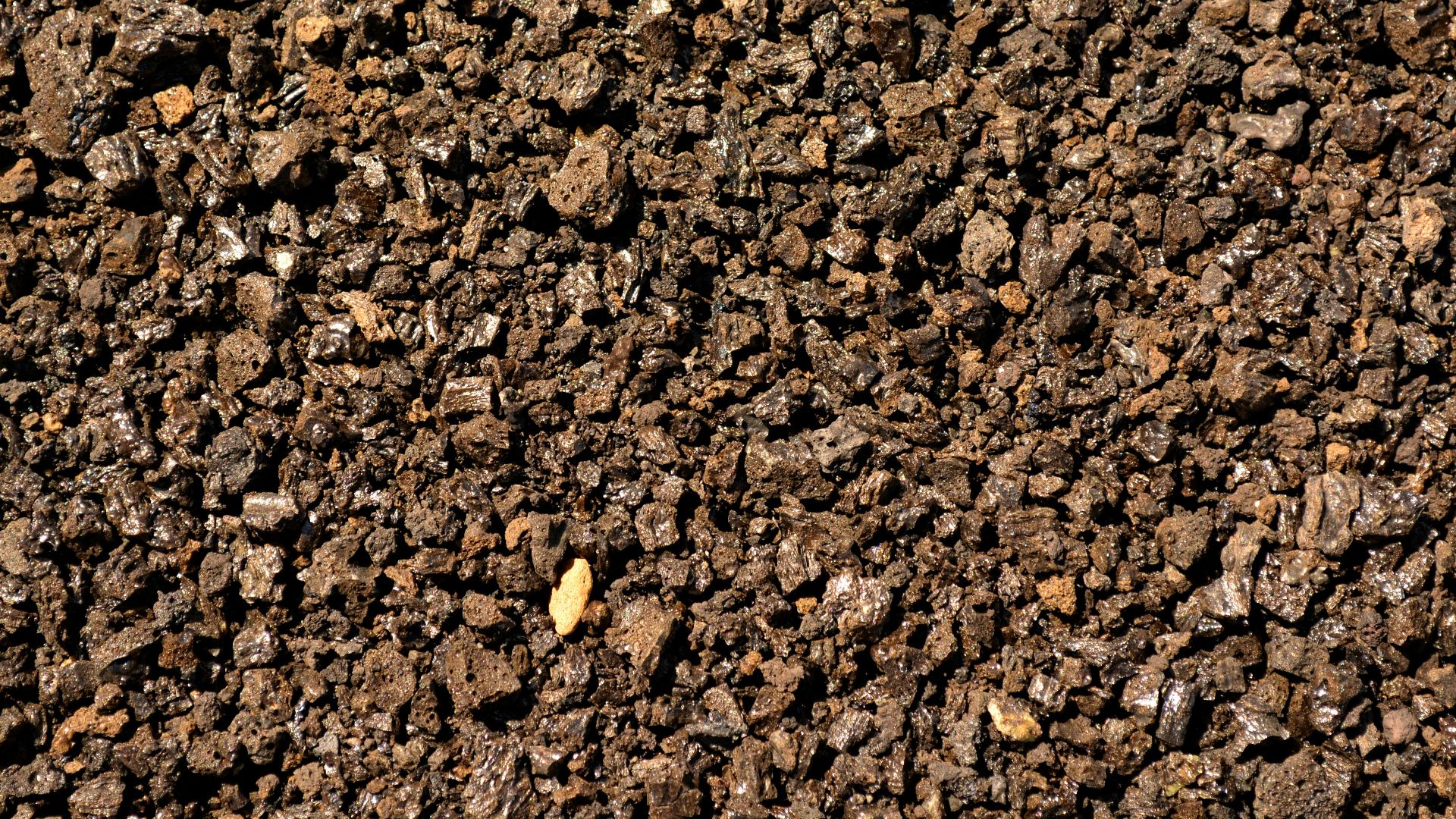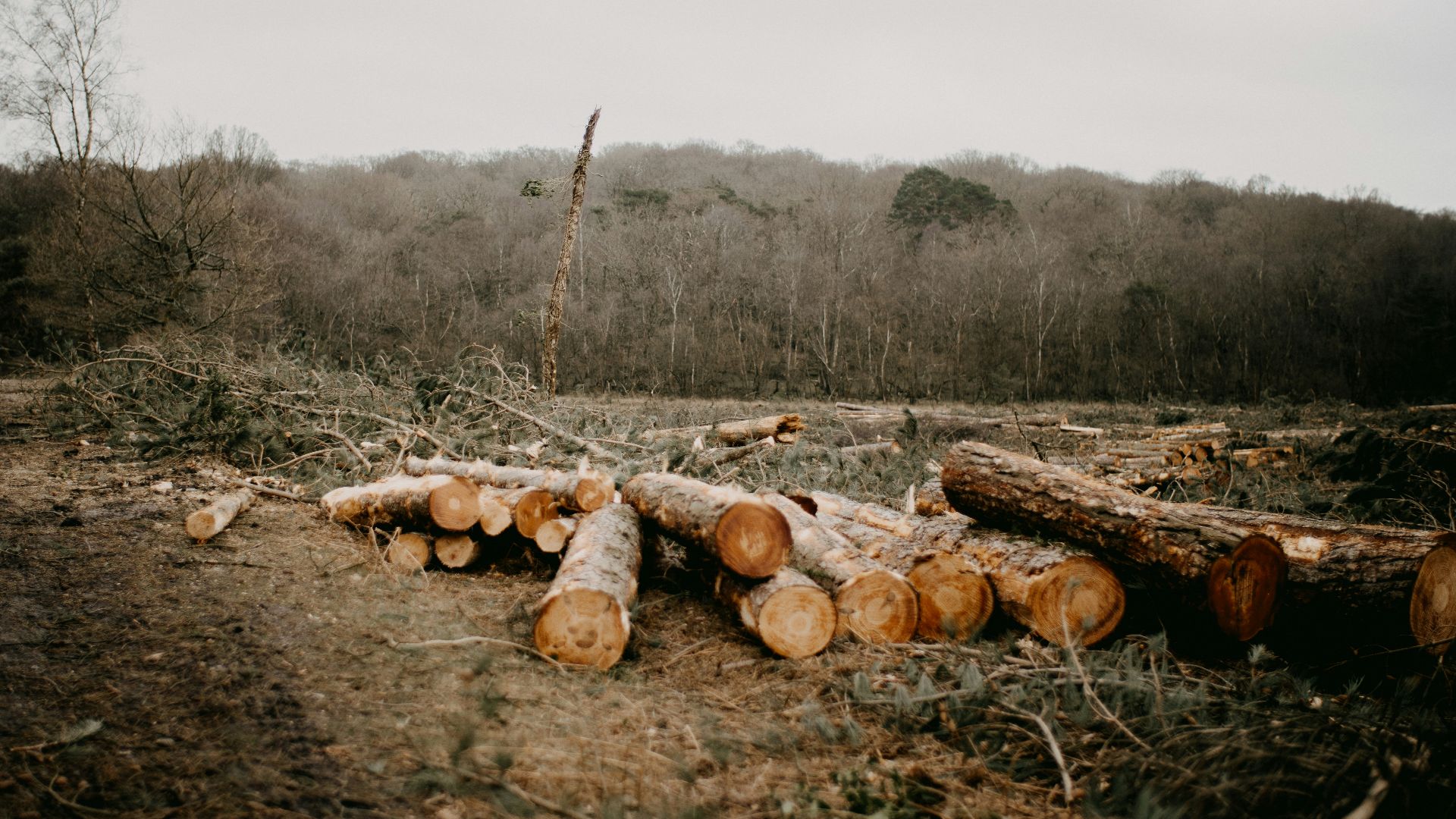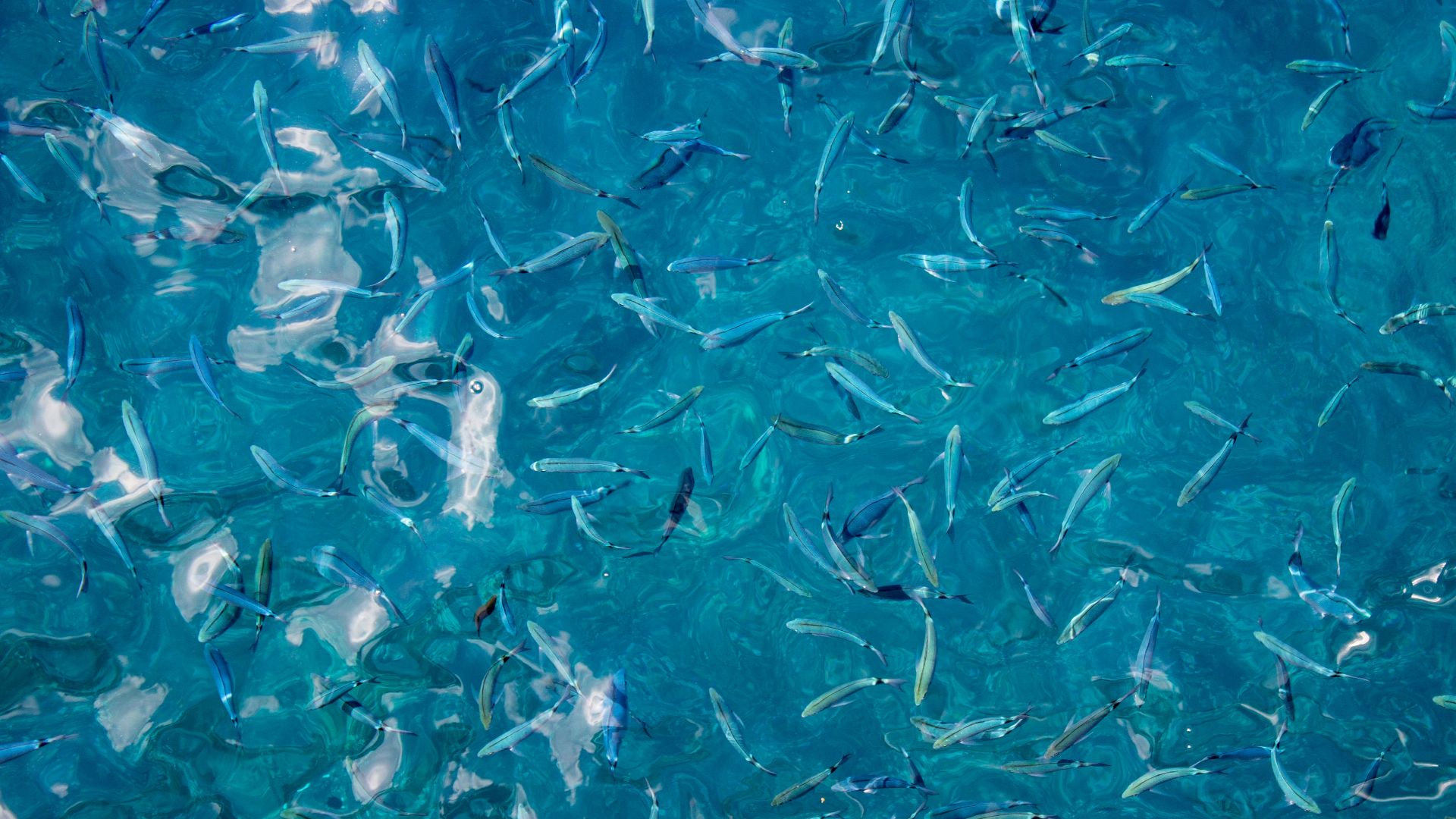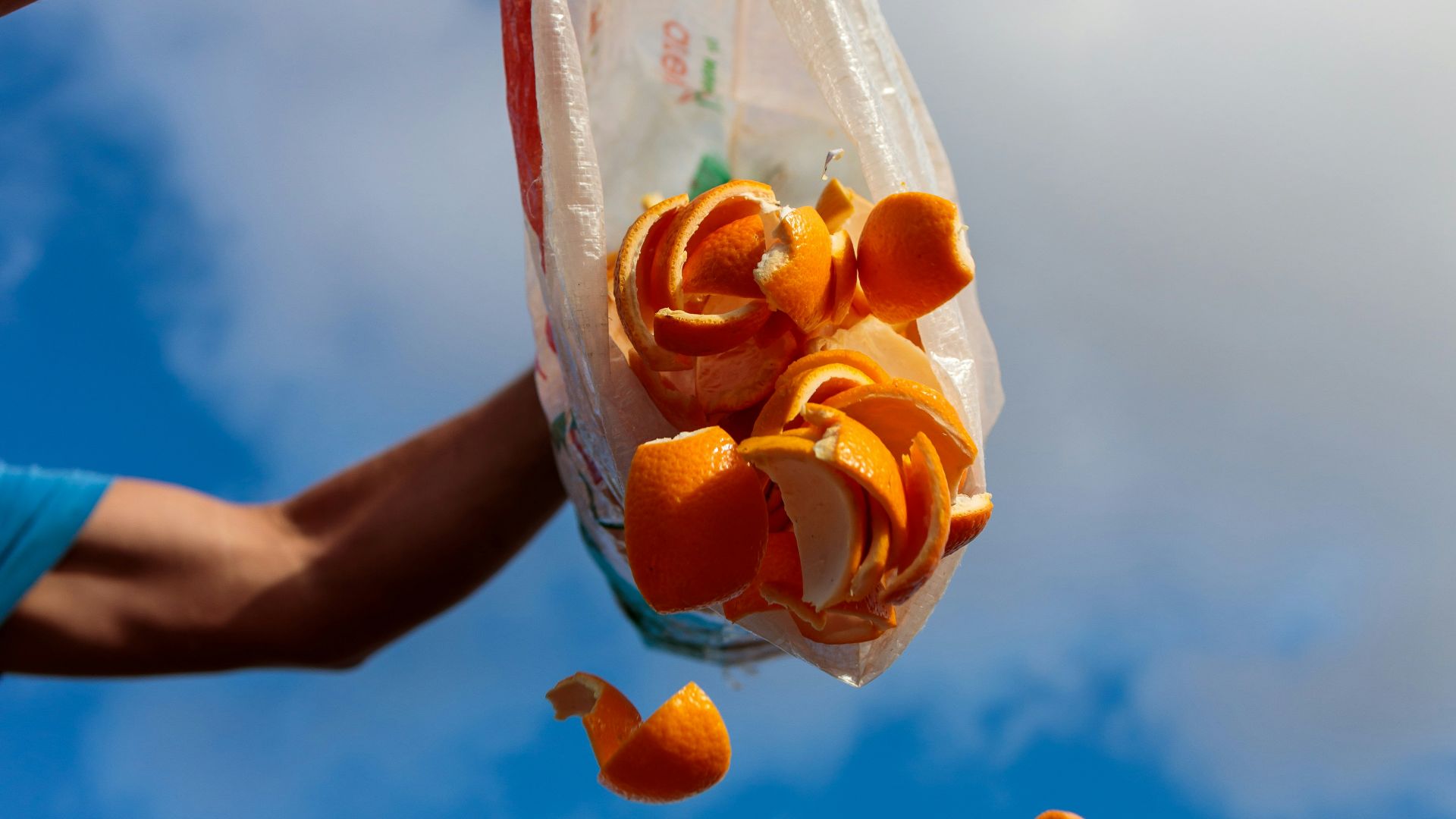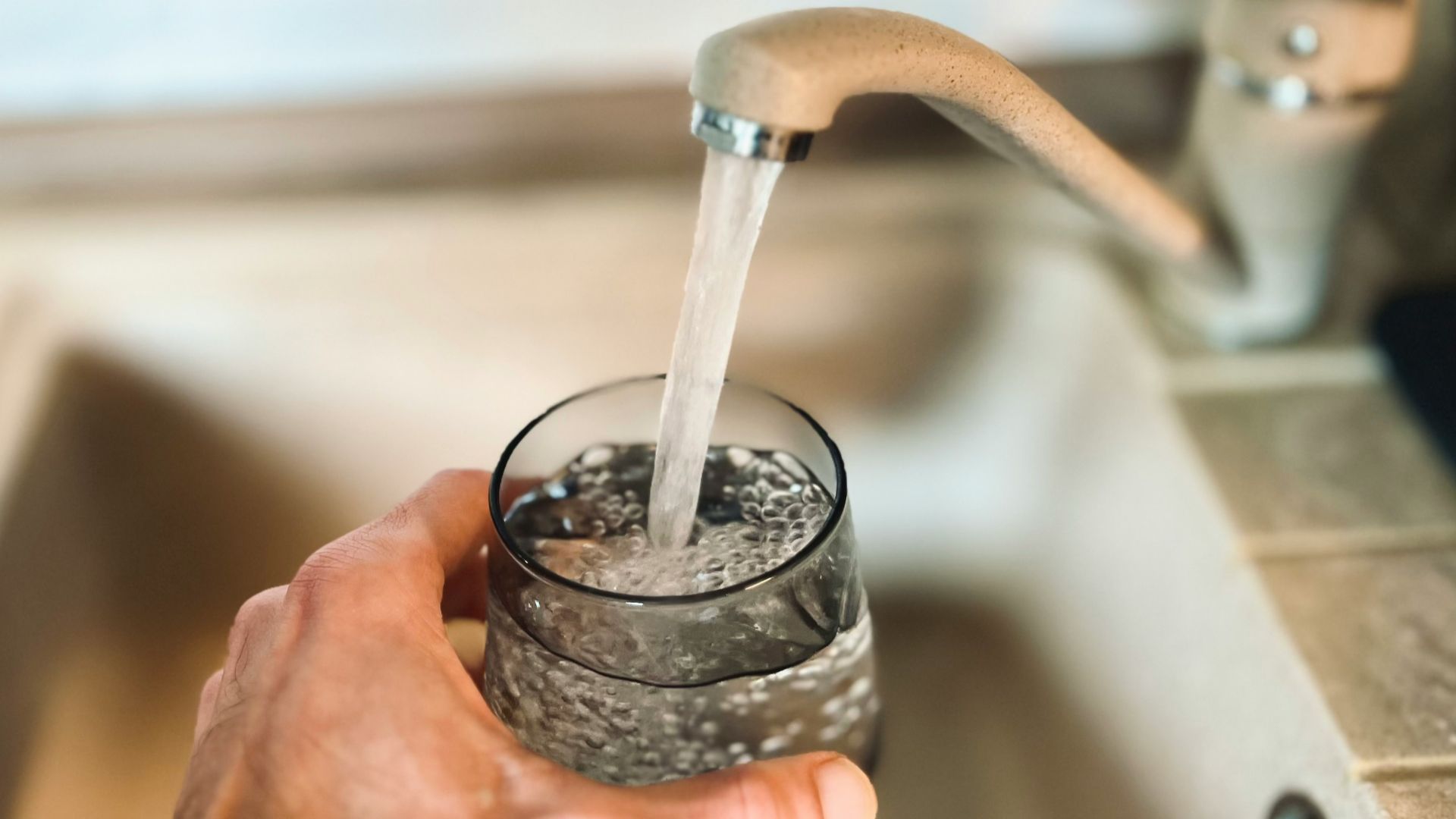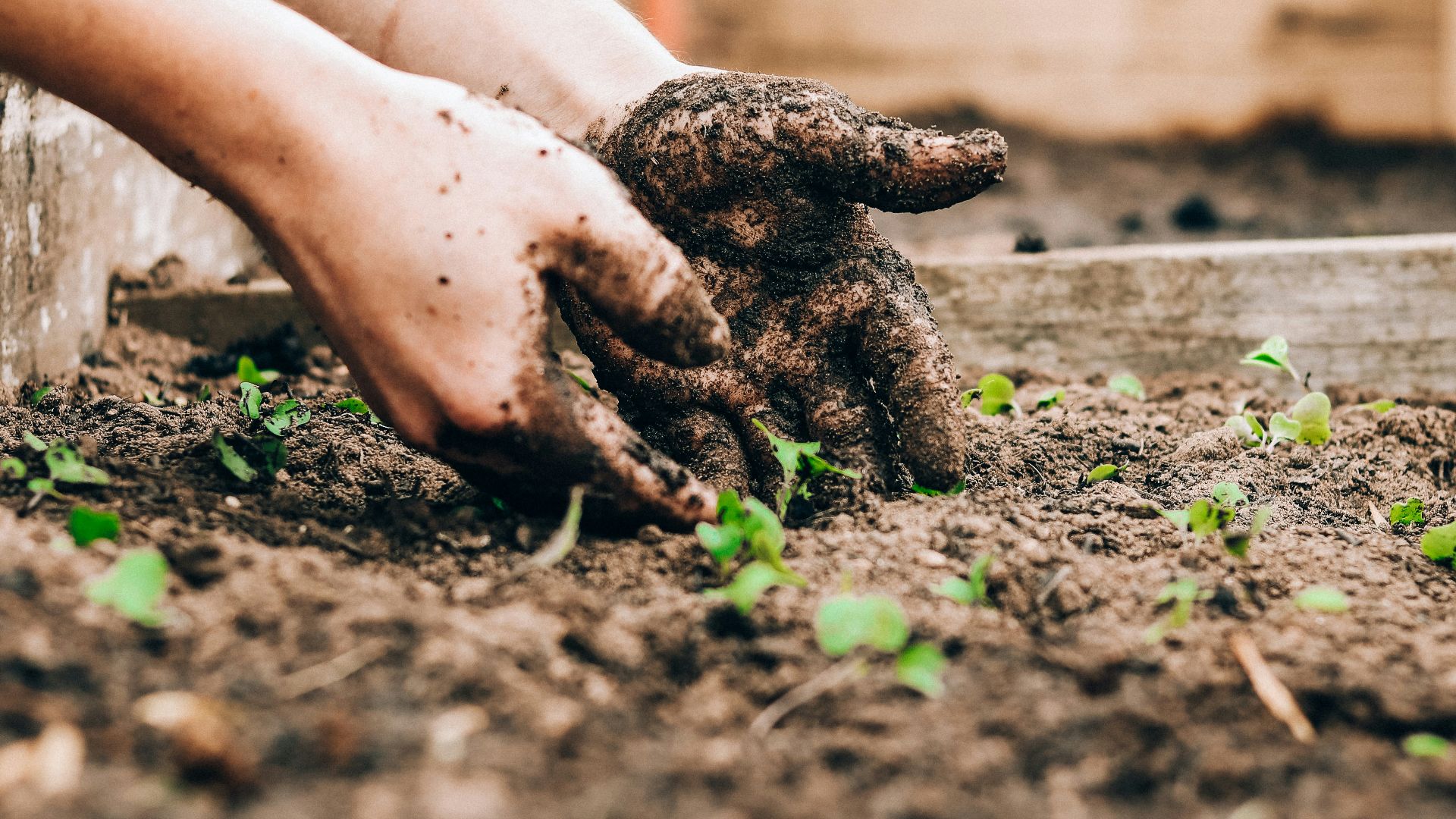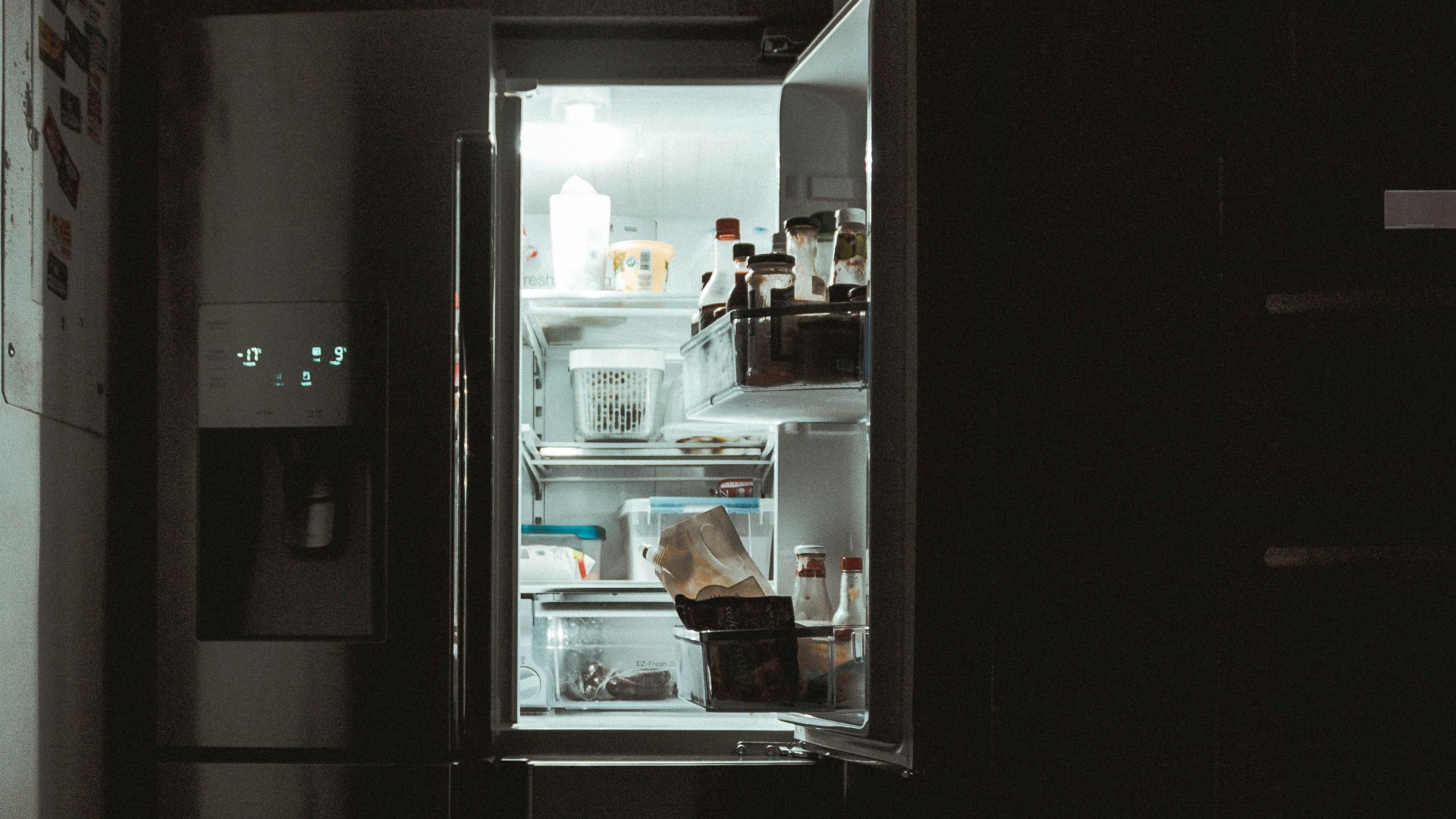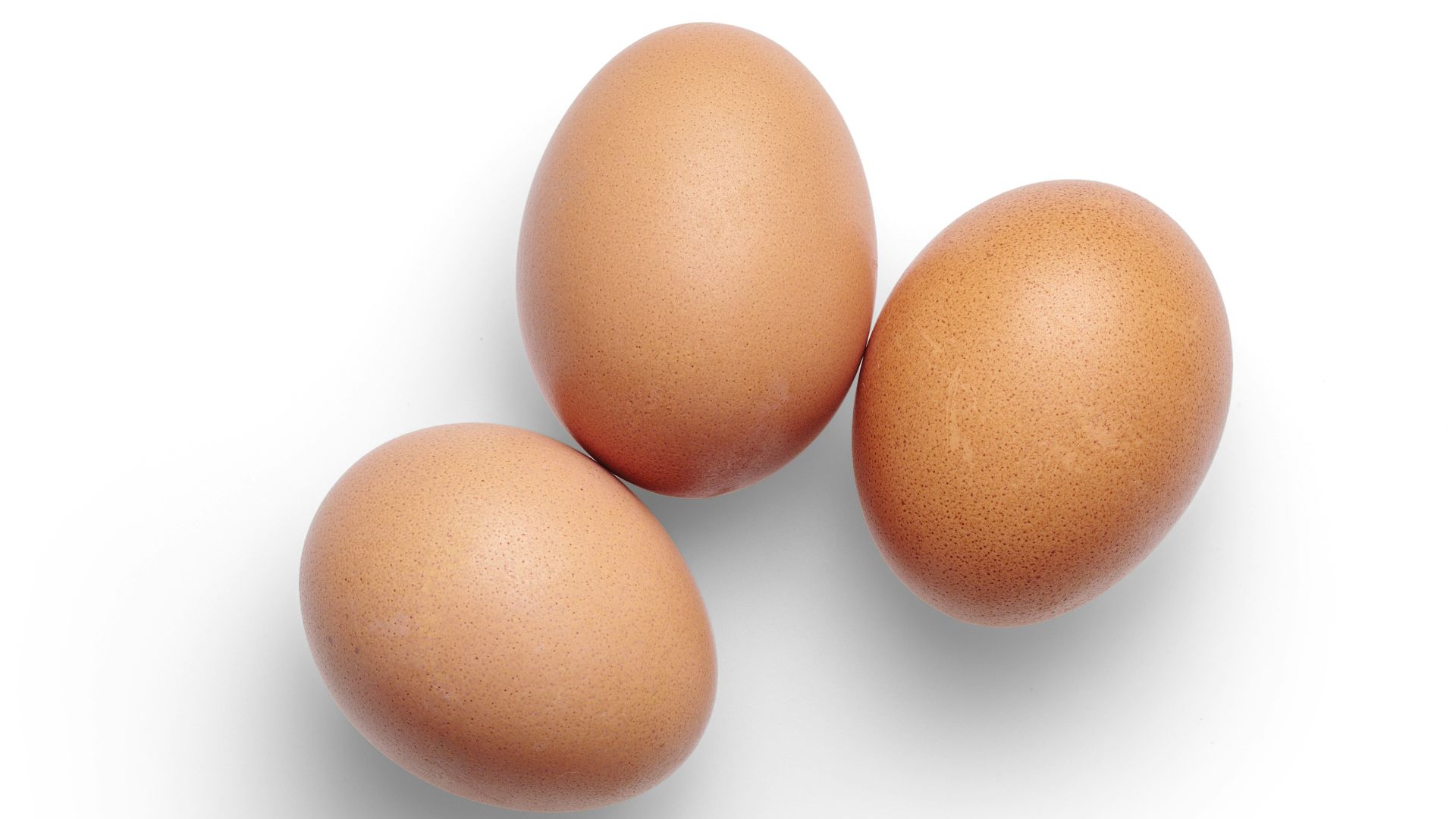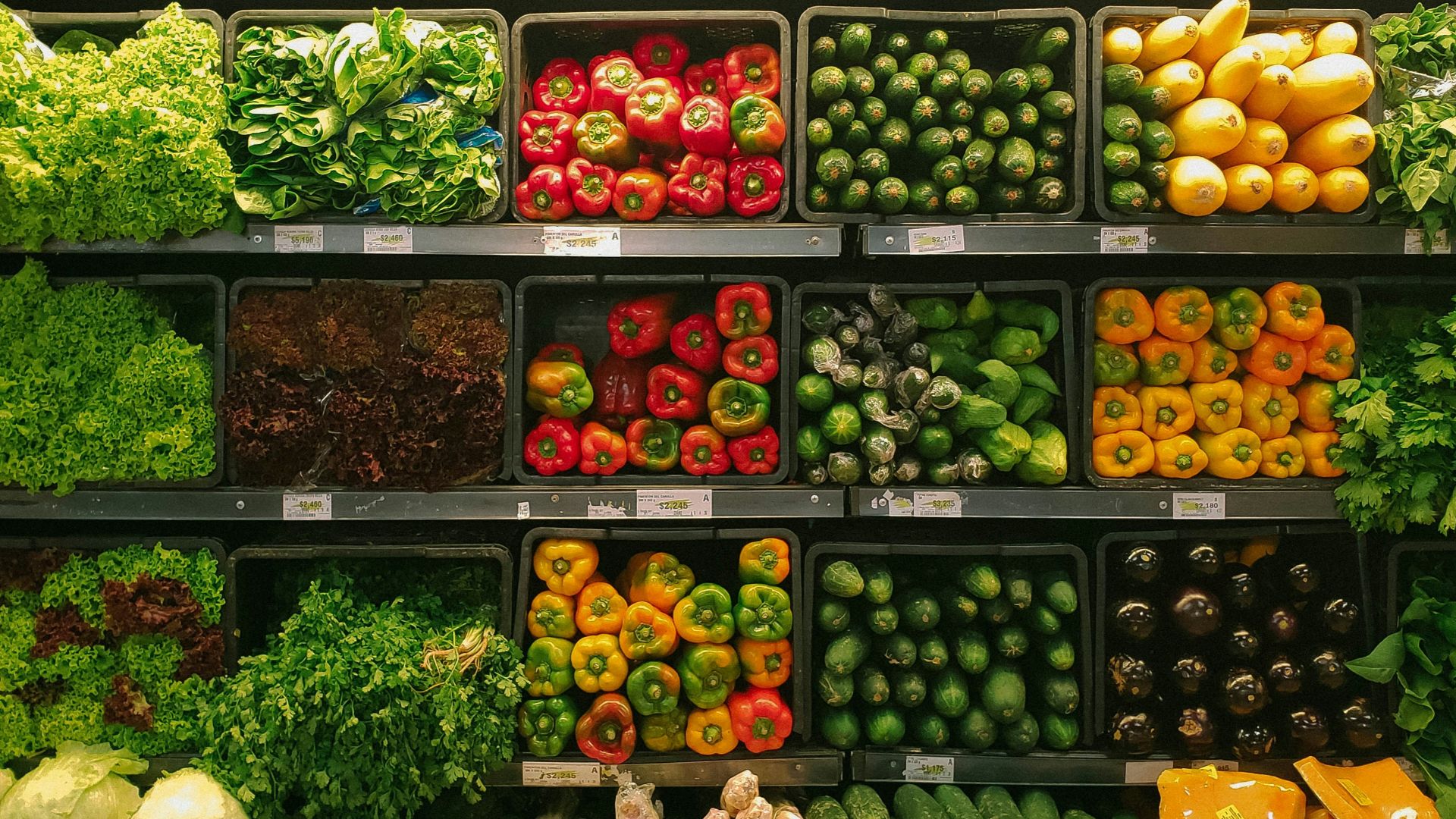Eat Smart
It's easy to feel hopeless about the state of the planet nowadays. While major corporations are doing far more damage to the environment than the average person, there are a few ways you can decrease your carbon footprint. One of the simplest ways to do is is to be smart about what and how you eat.
1. Greenhouse Gas Emissions
In a study by the EPA, the agriculture and forestry sectors are responsible for a quarter of all greenhouse gas emissions. While agriculture is necessary for human survival, so is the ozone layer. Of those emissions, widescale livestock operations alone make up 14.5%!
2. Water Pollution
Water is life, not just for us, but for the planet. We have a limited use of freshwater on this planet, and valuable waterways are at risk of pollution from fertilizers and pesticides. There are ways to farm that use less water, but major companies are resistant to implementing them.
3. Excess Food Waste
In general, we buy more food than we could possibly eat. Whether it's two-for-one sales, buying something and forgetting about it, or buying too much of a product, there's probably something rotting at the back of your fridge. And, unless you live in an area with a composting initiative, that food waste is going to rot in landfills.
4. Soil Degradation
Waterways aren't the only part of our planet harmed by toxic chemicals. Repeated use of pesticides can degrade soil over time, making an otherwise arable patch of land unsustainable. Flash floods from climate change also contribute as they wash away the valuable layer of topsoil.
5. Excess Chemicals
Speaking of chemicals, they hurt us as well as our planet. Monocropped fields—fields which grow a singular crop in a big batch—are reliant on fertilizers and pesticides. These chemicals permeate the soil, making them inseparable from the food we consume.
6. Deforestation
As we use up more and more arable land, we must find more of it. Oftentimes, this quest for more farmland cuts into the valuable habitats of critically endangered animals who have nowhere else to go. In order to keep this planet alive, we must share it with other living things.
7. Palm Oil Plantations
Jumping off that last point, deforestation contributes to habitat destruction for some of our most vulnerable animals. Specifically, palm oil, a common vegetable oil, is actively destroying orangutan habitats in Malaysia and Indonesia. All three orangutan species are critically endangered thanks to invasive palm oil plantations.
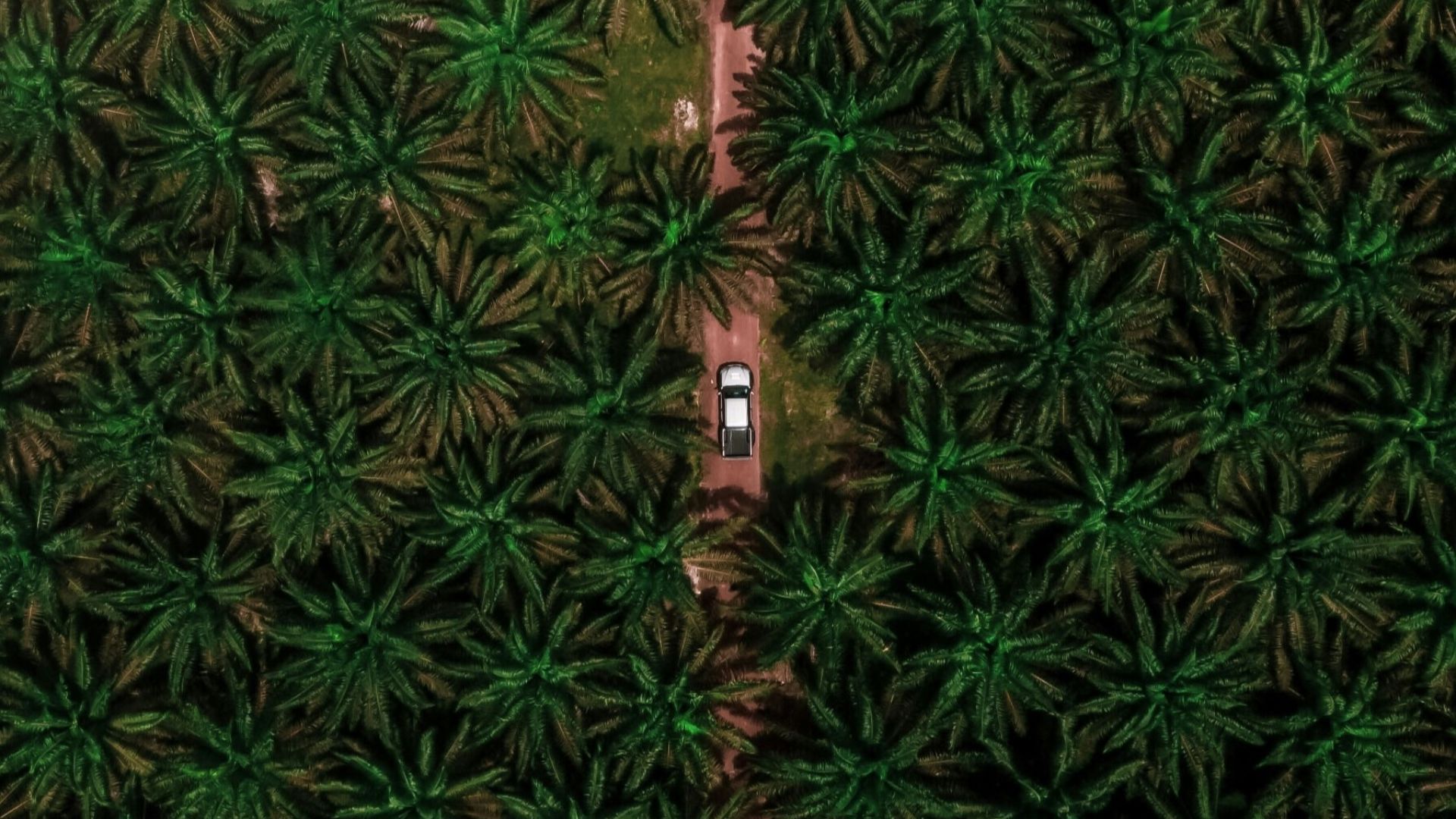 Nazarizal Mohammad on Unsplash
Nazarizal Mohammad on Unsplash
8. Exploitative Labor Practices
People are part of the environment too! Many major farming companies use exploitative labor practices such as long hours for low wages to ensure they make quota. Additionally, exposure to chemicals can be detrimental for farm laborers who may or may not be able to afford healthcare.
9. Overfishing
Overfishing has already led to the extinction or near-extinction of several marine species. Demand drives companies to catch fish faster than they can reproduce. Not only does this decimate fish populations, but it can have serious ecological consequences, as every species plays an important part in the circle of life.
10. Excess Plastic
A lot of the food you can buy today—especially fresh produce—comes wrapped in excessive layers of plastic. When not disposed of properly, this plastic can end up in the natural world, where it has dire consequences for animals. Even when disposed of properly, plastic will be on this planet for much longer than we will.
Now that we've covered some ways food can damage the environment, let's look at a few ways you can eat responsibly.
1. Reduce Food Waste
Remember what we said about buying more food than we can possibly eat? Well, there's an extremely simple way to combat that. Buy only what you need and know you will use; get as much use out of your food as you can.
2. Compost Food Waste
How do you reduce food waste if your city doesn't have a compost program? You can compost in your own backyard by combining soil with alternating layers of dry and moist food scraps. Not all food waste can be composted, so make sure you check.
3. Drink Tap Water
Instead of being reliant on soda or other beverages that come in miles of plastic, fuel your brain and body with tap water. Drinking tap water is affordable, convenient, and healthy. If your tap water is not good to drink, filters and reusable jugs are your friends.
4. Grow Your Own Produce
You don't have to be a farmer to grow your own produce. A fruit and vegetable garden is a fun way to get children engaged in gardening and aware of the importance of sustainable practices. You can also save money and reduce plastic by growing your own herbs.
5. Be Smart About Storage
The different parts of your fridge are meant for different foods. Storing food incorrectly could be part of the reason why it goes bad before you use it. The lowest parts of your fridge are the coldest, they're best for meat and vegetables like mushrooms that rot quickly.
6. Buy Free-Range Eggs
Buying free range eggs not only supports your health, but it supports the chickens who laid the eggs. Free range chickens have a high quality of life, expressing natural behaviors and producing more eggs. Free range egg farming produces 30% less greenhouse gas emissions than conventional methods.
7. Bring Your Own Bags
Reusable grocery bags are much more widespread than they used to be a decade ago, especially when stores replace them with compostable paper bags. Reusable mesh produce bags are another way you can reduce plastic. These bags keep your produce clean without adding extra plastic to this earth.
 Mary Skrynnikova 💛💙 on Unsplash
Mary Skrynnikova 💛💙 on Unsplash
8. Reduce Animal Consumption
The point of this article isn't to say that every single person on earth should be planet-based. However, cutting down on animal consumption, even on a monthly basis, can make a huge difference. In particular, cows release large amounts of methane, one of the core greenhouse gasses.
9. Shop Smart
Do you know where your food is from? Shopping smart doesn't only mean buying in moderation, it means being aware of which brands and corporations are actively destroying the planet. This can be as small as buying chocolate made without palm oil to support orangutan habitats.
10. Support Small Farms
One of the easiest ways to combat exploitative labor practices and put money directly back into the hands that harvest your food is to support small farms. If there's a farmer's market in your area, you can find fresher and better-tasting produce for a fraction of what major stores charge. This shows local farmers that you value their labor.
KEEP ON READING



